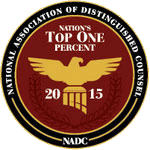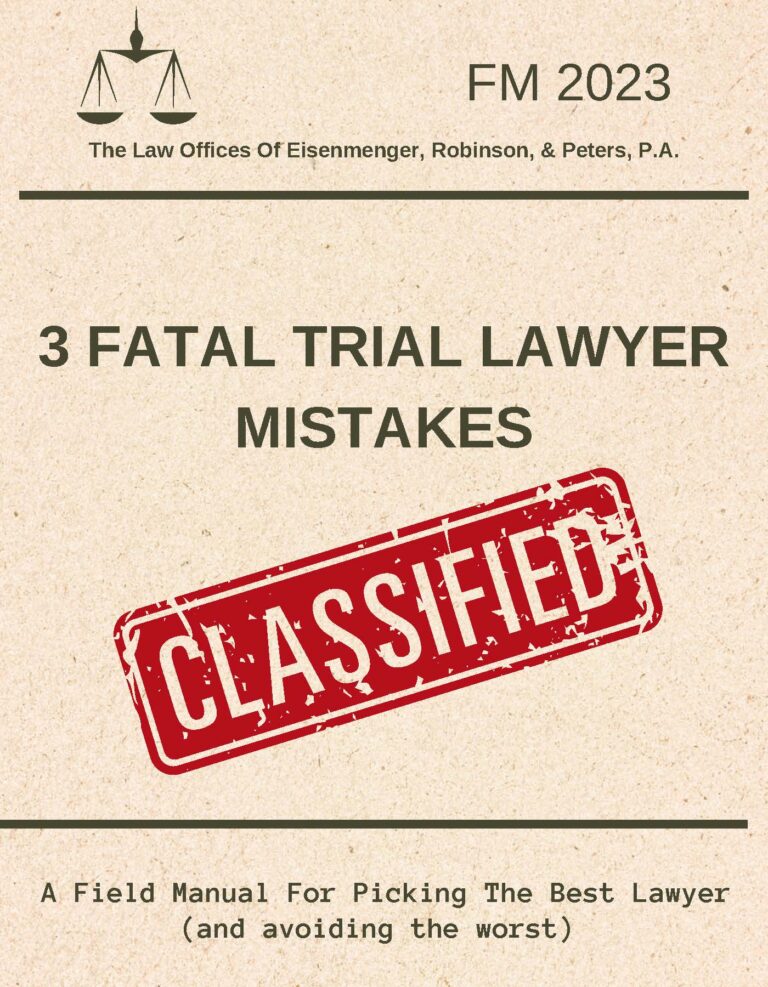The Umpire Steps into the Batter’s Box
On behalf of Eisenmenger, Robinson & Peters, P.A. posted in Criminal Law on Wednesday, September 24, 2014.
Chief Justice of the United States John Roberts, in his Senate confirmation hearing, famously said, “It’s my job to call balls and strikes and not to pitch or bat.” We’d like to think all judges strive to do that. This past month though, the Florida Third District Court of Appeal went beyond just calling balls and strikes in a criminal case. In Saint-Hilaire v. State, WL2014-3844039 (Fla. 3rd DCA, August 6, 2014), the court had a simple issue in front of it: Law enforcement officers had seized the defendant’s cell phone without a warrant and searched its contents. The United States Supreme Court held earlier this year in Riley v. California that such a practice was generally unconstitutional because it violated the Fourth Amendment prohibition against unreasonable search and seizure, even when the cell phone is in the possession of a person at the time they are arrested. The Third District followed Riley and threw out the evidence obtained from the cell phone. If the judges on that court had stopped there, it would have been fine, because they answered the only question they were asked.
But they decided to go and answer a question they were not asked. In the final paragraph of the opinion, they suggest to the State another way to prosecute the defendant without using the illegally obtained evidence – a way the rest of the opinion makes clear the State had not thought of. So the court is telling the State how to do a better job of prosecuting this defendant. How would you feel if you were sitting in court and the judge all of the sudden turns to the State and offers them suggestions about how they should prosecute you? As the Chief Justice of the United States said, courts have no business pitching or batting – they are just there to call balls and strikes. More precisely, they have no business helping the Government concoct ways to prosecute citizens. Hopefully this decision is not a harbinger of things to come because judges are supposed to be neutral. Judges are not part of the prosecution “team.” More importantly, it is vital the public not view judges as favoring one side or another. Unfortunately, the Saint Hilairecase does seem likely to damage the public’s perception of the courts.
Tags: Criminal law; criminal appeal; judges; cell phone as evidence








